Anxiety Over The Emperor’s Fate
With the acceptation of the Potsdam Declaration, Imperial Japan announced its surrender to the Allied Nations on August 15, 1945.
This meant that an occupation force mainly led by the United States would soon begin their landing, followed by a stream of drastic reforms including the dissolution of the military and the enactment of a new constitution.
While most soldiers were relieved at the fact of surviving the war, some hardline patriots were concerned about one crucial thing – the fate of the Emperor.
It was Emperor Hirohito who ultimately decided to surrender, something very rare since the political custom at the time required him to not directly speak out against governmental decisions, but the global option considered him as the perpetrator of the war.
Indeed, even though he actually enjoyed nominal powers, the war was declared under his name in 1941. Therefore, it was only natural to regard him at least guilty in one way or another, making his fate extremely uncertain.
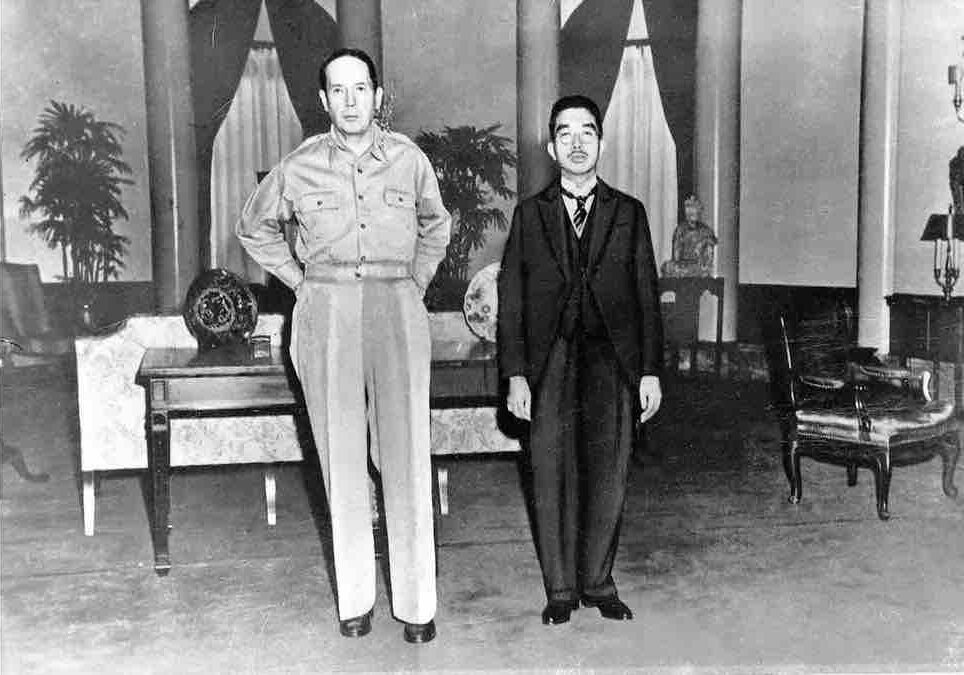 Emperor Hirohito (right) and US General MacArthur (left)
Emperor Hirohito (right) and US General MacArthur (left)
For the Japanese, the question was not solely about Emperor Hirohito’s punishment, but whether the Imperial lineage, which had survived for over 2,000 years, would be survive or not.
As the country had just gone to war under the Imperial banner, it seemed impossible for Emperor to escape some kind of punishment. The worst case scenario was the Allied Powers abolishing the “Emperor” as a whole, shaking the entire foundation of Japan as a country.
The Emperor ceasing to exist as a system was equivalent to killing Japan’s identity, not just in a political sense, but also from a social, historic standpoint.
For the average Japanese citizen, the Emperor meant everything, let alone the patriotic military officers.
Few Underground Cells
In light of such anxiety, some military officers secretly came up with a plan to preserve the bloodline by protecting some Imperial family members when the Allies moved towards abolishment.
This included Emperor Hirohito’s distant cousin, but some princessess were also considered as possible candidates.
The overall idea was to escort these relatives out of Tokyo and hide them in a secret safe-house within the remote mountainous regions. Here, they were to live quietly under false identities until the time came for them to revive the Imperial family.
However, the secret operation was hardly an unified effort, but rather a series of spontaneous attempts by Army and Navy officers.
There were at least 5〜6 underground cells were tasked with the job, and their approach differed from simply hiding the Imperial family members to waging guerrilla warfare if necessary.
It is important to note that these small cells saw little to no coordination with each other, since the Army and Navy lacked any cooperation. So, although these different teams are focused on a single objective, preserving the Imperial bloodline, such alignment was merely coincidental.
Among these secret cells, the we will look at some notable organizations.
First, we have the Imperial Army’s cell comprised of elite members from the Nakano Commando School. This was soon disbanded in 1946 following the arrest of key members who was simultaneously hiding the exiled-Burmese leader Ba Maw.
Next is Navy Colonel Yoshio Enou’s impressive organization of 3,800 members, all of whom were recruited from the air unit under his command at the time. This large group was intended to not only preserve the Imperial bloodline, but also conduct guerrilla warfare against the occupation forces if they attempted to destroy the Emperor system.
To achieve this, the organization was divided into twelve branches, each responsible of a certain sector, and prepared encrypted means of communication.
The members were to go about their civilian lives while awaiting the secret order to take arms, but specific details of this organization is largely unknown. It is generally considered that the 3,800 members mostly existed only on paper, and the true size was actually a few dozen at best.
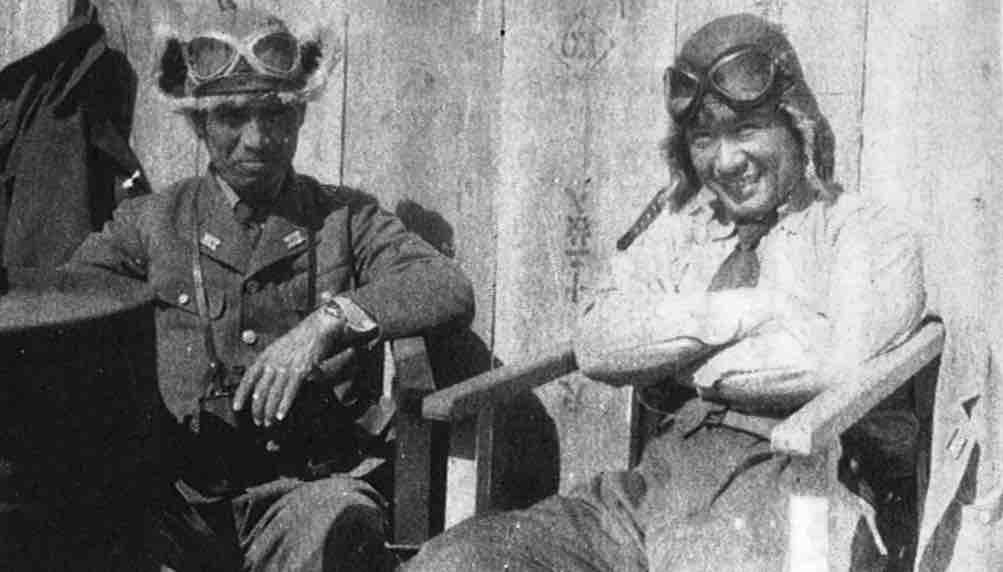 Colonel Genda on the left
Colonel Genda on the left
Finally we have Navy Colonel Minoru Genda’s small team of 23 members, who were limited to those without any spouses or not the eldest son. These were all volunteers initially gathered on the premise of committing suicide with alongside the Colonel as a honorable end to the war.
After filtering the only determined ones in a somewhat deceptive way, Genda assigned the task of hiding an Imperial family member in the mountains of Kyushu if the Allied Powers opted for punishment.
The Aftermath
Fortunately, most cells would soon end their missions since the Allied Powers, led by General Douglas MacArther, decided to exonerate Emperor Hirohito and keep the Emperor system intact.
The decision was made not only to appease the Japanese population, but also encourage Japan’s recovery and integration into the Western bloc in order to counter the Soviets.
With this luck, the necessity for any contingency plan dissipated around 1946〜1947.
Nevertheless, members of Colonel Genda’s team continued their duty simply because they did not receive the message to cease operations. Due to the highly secretive nature and to avoid unwanted attention, Genda failed to convey an explicit order until 1981 when he was able to directly gather the remaining members.
In retrospect, most organizations soon suspended their duties as the new constitution ensured the Emperor’s status as the symbolic head of state.
Colonel Genda’s team was an exception, persisting for another 35 years or so, but the members lived as normal citizens with the oath only in memory.
Since most members passed away without revealing their specific roles, we may never uncover the full extent of such secret operations. Moreover, the possibility of other unknown attempts at an individual level cannot be ruled out.
But, one thing is obvious.
The operation was far from an elaborate scheme devised by a single underground organization like the ones portrayed in movies. On the contrary, it was a product of spontaneous reactions by some military officers.


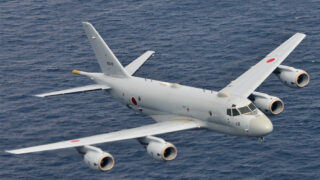
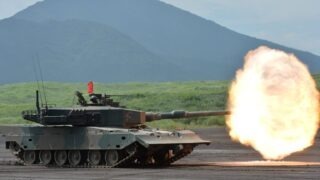
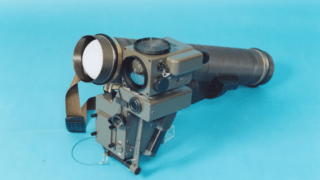
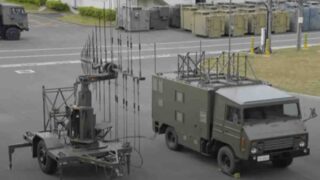


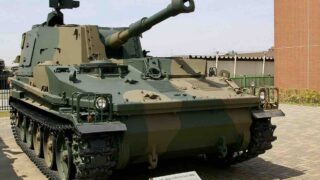


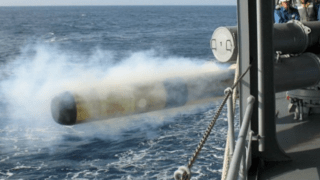
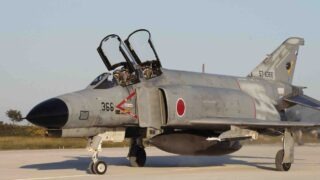
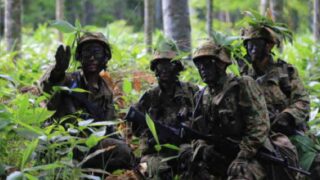
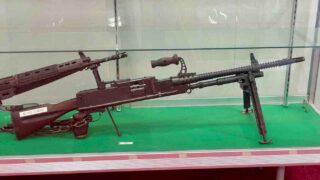
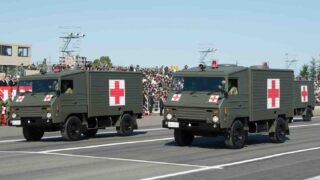

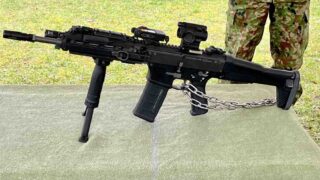
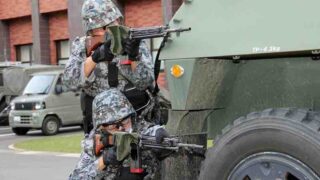

Comments